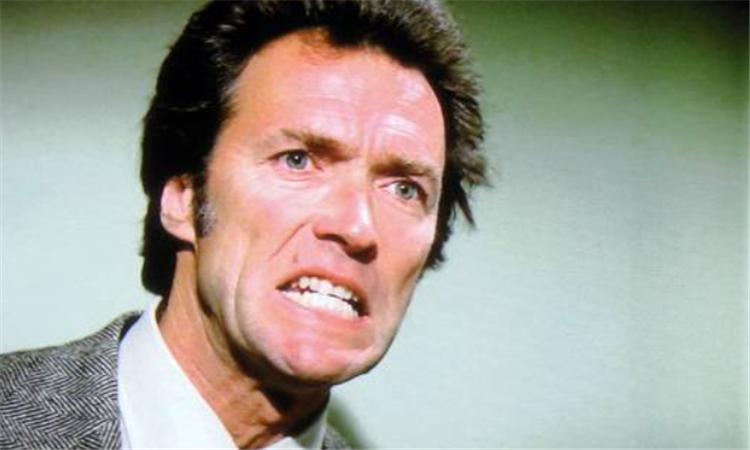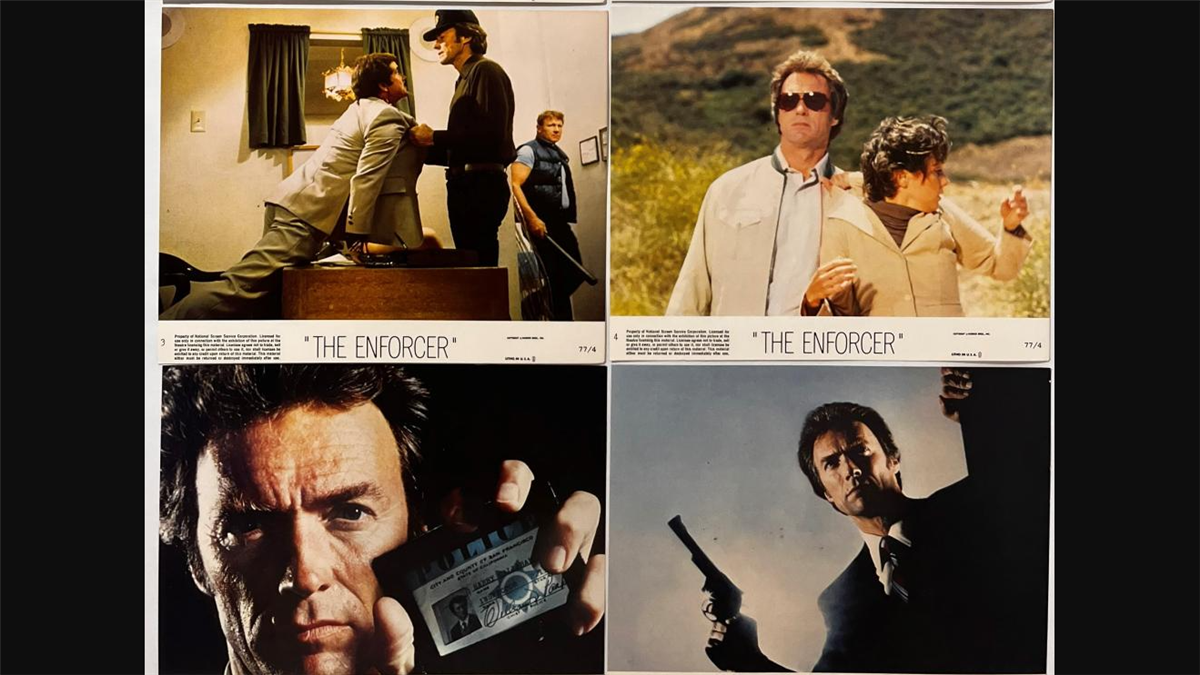Age is but a number in the film business, with cinema’s most iconic talents on either side of the camera enjoying careers that span decades and keep them busy well beyond the typical retirement age, and Clint Eastwood is still going strong in his 90s.
While Juror No. 2 may have been touted as being the actor and filmmaker’s final feature, it shouldn’t be ruled out by any stretch of the imagination that he’s got more in the tank. After all, most people his age – never mind those of his vast wealth – are happy to kick back and take it easy, but Eastwood has remained ferociously committed to his craft.
Since A Fistful of Dollars first launched him to international stardom in 1964, the four-time Academy Award winner averaged around one movie per year as a performer right up until 2008’s Gran Torino saw him scale back his screentime in favour of focusing primarily on his directing.

On that front, since debuting with 1971’s Play Misty for Me, Eastwood has never gone any longer than three years without releasing a new feature as a director. He did make up for lost time when Jersey Boys and American Sniper arrived within six months of each other in 2014.
It’s a combination of talent, work ethic, and determination that’s kept him at the pinnacle of cinema for 60 years. He’s not only one of Hollywood’s most iconic stars ever but also one of its most distinguished and revered elder statesmen. Eastwood has never been one to pat himself on the back, but he did shed a little light on the position he found himself in during a conversation with Arts Beat.
“Maybe I am a grumpy old man, I don’t know,” he ruminated. “I don’t think I am, but it’s certainly fun to play because you have to overcome that within yourself in order to live and operate in society, so it makes for an interesting character setting.”

While he doesn’t mind being a cantankerous pensioner on-screen, he compared the inevitabilities of age with his own evolution into a multi-pronged talent as he got older. “If you’re one way and you have to change to another way, most people never get that opportunity,” he explained. “Most people go through life kind of in the same vein. Maybe they change as they get older, and they learn more things and more information is pumped in the brain, and maybe they don’t.”
That led Eastwood to chew on the very meaning of the term that’s defined his personal and professional existence for as long as several generations of audience members, peers, and contemporaries can remember, with his response as simple as it was poetic. “What is cinema?” he pondered. “It’s just my life.”
